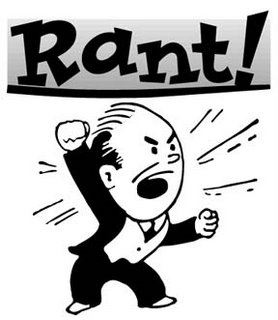 The South Asian Philanthropy Project has a great interview up with Michael Edwards, Demos researcher and author. Some excerpts are below:
The South Asian Philanthropy Project has a great interview up with Michael Edwards, Demos researcher and author. Some excerpts are below:
We are delighted to have Michael Edwards as a guest at the South Asian Philanthropy Project. Michael and I chatted recently about his new book, Small Change: Why Business Won’t Save the World, and the field of philanthropy in general.
Michael is an independent writer and activist who is affiliated with the New York-based think-tank Demos, the Wagner School of Public Service at New York University, and the Brooks World Poverty Institute at Manchester University in the UK. From 1999 to 2008, he was Director of the Ford Foundation’s Governance and Civil Society Program, and previously worked for the World Bank, OxFam, and Save the Children.
Welcome, Michael! We’re honored to have you with us.
First off, can you tell us a little bit about your new book, Small Change: Why Business Won’t Save the World?
Thanks Archana, and thanks for hosting this Q and A on your excellent site. I’m looking forward to interacting with your readers.
“Small Change” was written out of my frustration that debates about the purpose and direction of philanthropy were becoming so one-sided – dominated by the idea that business has all the answers, that the super-rich are the new ‘super-heroes’, and that philanthropy is essentially a technical exercise of selecting the ‘best’ organizations to support based on quantifiable data and criteria for ‘investment.’
I come from a background in civil society and international development, so for me the most entrenched social problems like poverty and inequality, violence and discrimination, are always the most complicated and political to solve. And, while new ideas and methods are always welcome in philanthropy, they need to be questioned and carefully- evaluated to see if they really do work in these areas, and I didn’t think that was happening. Instead, questions of deep social transformation and of democracy versus plutocracy were being buried under an increasing wave of hype and adulation.
“Small Change” is a wake-up call, if you like – a deliberate provocation designed to foster more debate, bring in different perspectives, and ensure that older but still-valuable traditions of social movements, community organizing, and bottom-up philanthropy are not forgotten or discarded. I think we will all be better placed to make decisions about philanthropy from a platform like that.
Read the full Q and A here.
 Just a head's up: this post is a rant cleverly (or not so cleverly) disguised as a helpful professional development blog post.
Just a head's up: this post is a rant cleverly (or not so cleverly) disguised as a helpful professional development blog post.